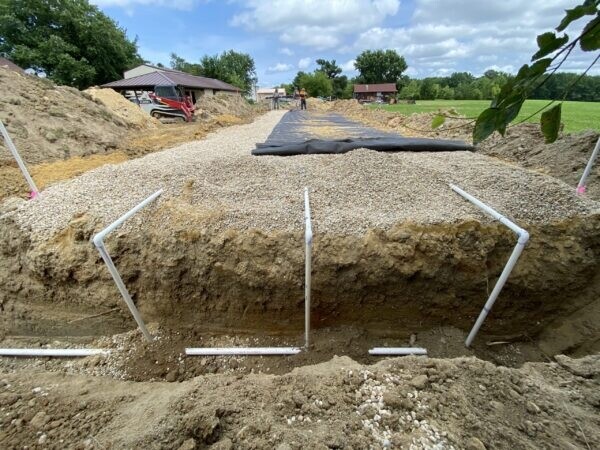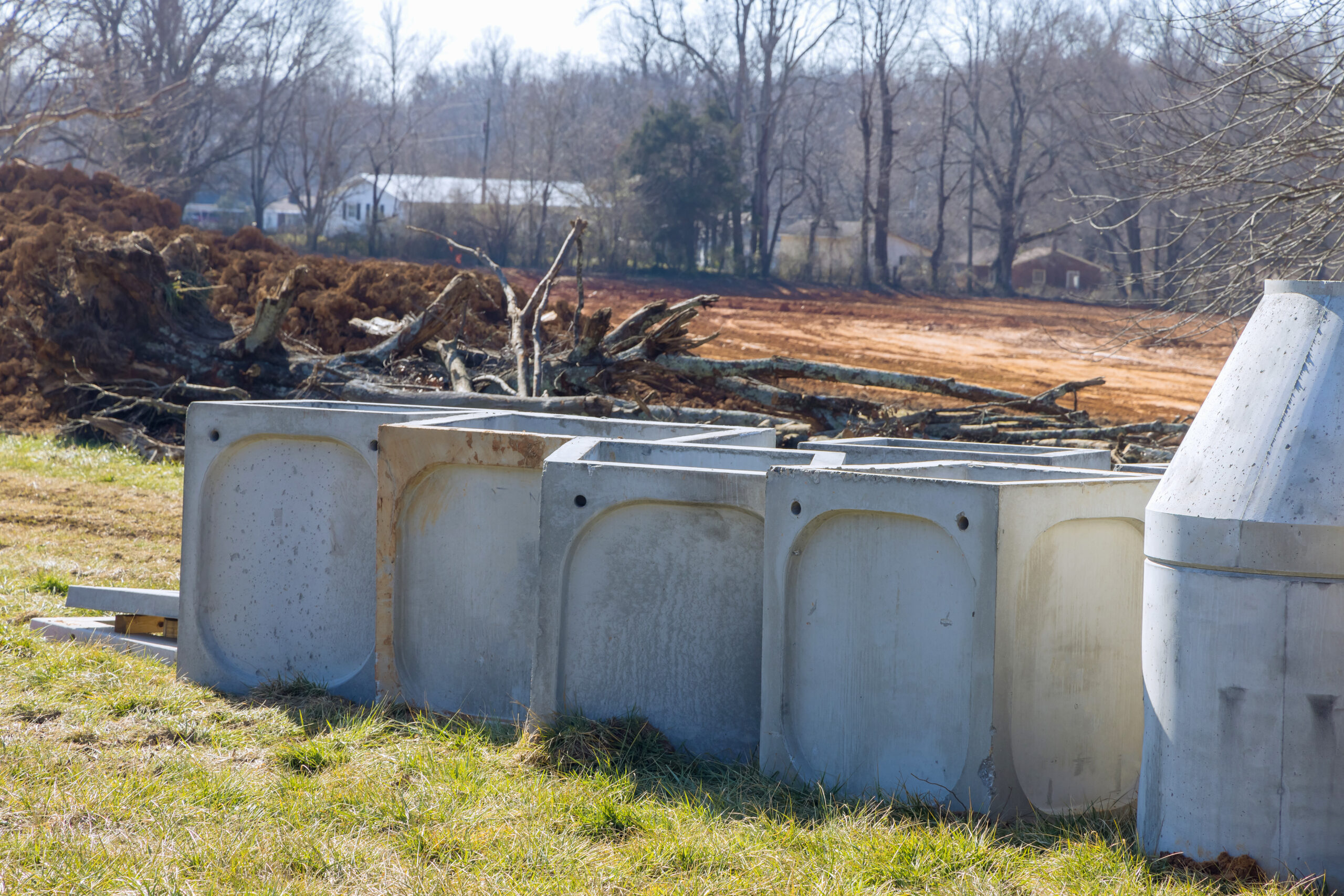A lot of homes, especially those in rural places, need septic systems to work. They do a good job of dealing with trash, but over time, any structure can have problems. For many people, leaks are one of the most annoying issues. Finding breaks and fixing them right away is important for keeping your septic system healthy and avoiding damage that costs a lot of money. In the past, finding leaks often required guessing and invasive procedures. But new technologies have changed this process completely. This blog post will talk about some of the new technologies that are making septic system repairs more accurate and less annoying.
The Importance of Early Leak Detection
Leaks in septic systems can cause a lot of issues, such as polluting groundwater, bad smells, and dirty conditions. To avoid these problems and keep your septic system working well, it’s important to catch them early. Today’s advanced technologies for finding leaks make it possible to find leaks accurately and without damaging anything.
Innovative Leak Detection Technologies
Acoustic Listening Devices
Some of the most modern tools for finding leaks in septic systems are those that use sound waves. These things have sensitive mics that can pick up the sound of water leaking from tanks or pipes. Technicians can find the exact spot of a leak without digging up the ground by amplifying these sounds. This method works great for finding leaks in places that are hard to get to.
Thermal Imaging Cameras
Thermal imaging cameras can find changes in ground temperature that are caused by water leaks. The temperature of the ground around a septic system often changes when water leaks out of it. Thermal imaging cameras can pick up on these changes in temperature, which helps techs find leaks very accurately. This technology doesn’t hurt anyone and can be used even when the weather is bad.
Tracer Gas Detection
Adding a harmless, odorless gas into the septic system is how tracer gas monitoring works. If there are any leaks, the gas can get out, and sensitive monitors above ground can find it. This method works very well for finding small leaks that other methods might miss. Plus, it’s safe and good for the setting.
Ground Penetrating Radar (GPR)
Ground Penetrating Radar (GPR) makes pictures of what’s below the ground by sending out radar waves. This technology can find changes in the ground that are caused by septic system leaks. When looking for leaks in big or complicated systems, GPR is very helpful. It gives a clear picture of what’s below ground without having to dig.
Electronic Pipe Locators
To find leaks and follow the path of pipes, electronic pipe locators use electromagnetic signals. These tools can pick up changes in the electromagnetic field that come from water fleeing. They are very exact and can find leaks in pipes made of metal or plastic. Electronic pipe locators are popular for finding leaks because they are small and simple to use.
Benefits of Advanced Leak Detection Technologies
- Non-Invasive:Most modern methods for finding leaks don’t require digging or changing the scenery, so they don’t damage your property.
- Accurate: These technologies pinpoint exact areas of leaks, which speeds up and lowers the cost of repairs.
- Efficient: Finding leaks early and accurately helps fix them more quickly and better, which keeps the septic system from getting damaged.
- Cost-Effective: By finding leaks quickly and correctly, these technologies help keep fixes from becoming too expensive and time-consuming in the future.
Conclusion
The development of new technologies for finding leaks has made it much easier to conduct septic system repairs. Finding leaks is easy and doesn’t have to be invasive with tools like acoustic hearing devices, thermal imaging cameras, tracer gas detection, ground-penetrating radar, and electronic pipe locators. By using these new ideas, people can make sure their septic systems last longer and work better, avoid expensive fixes, and help protect the environment.
Putting money into modern leak detection technology is not only good for your septic system, but it’s also a step toward a better, more sustainable future. If you think your septic system has a leak or just want to make sure it works at its best, you might want to talk to us . To keep your septic system in great shape, you need to find problems early and do regular repair.




